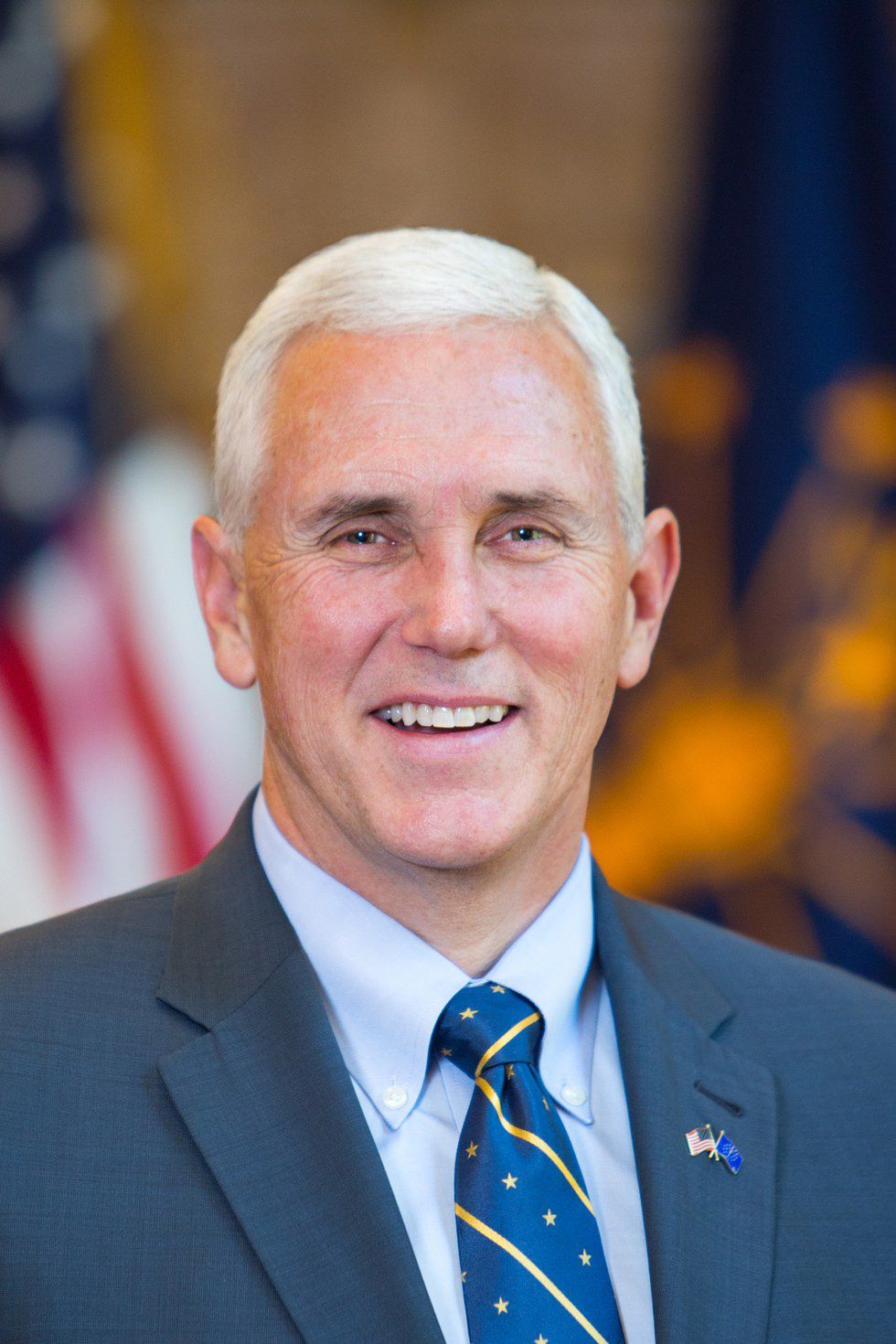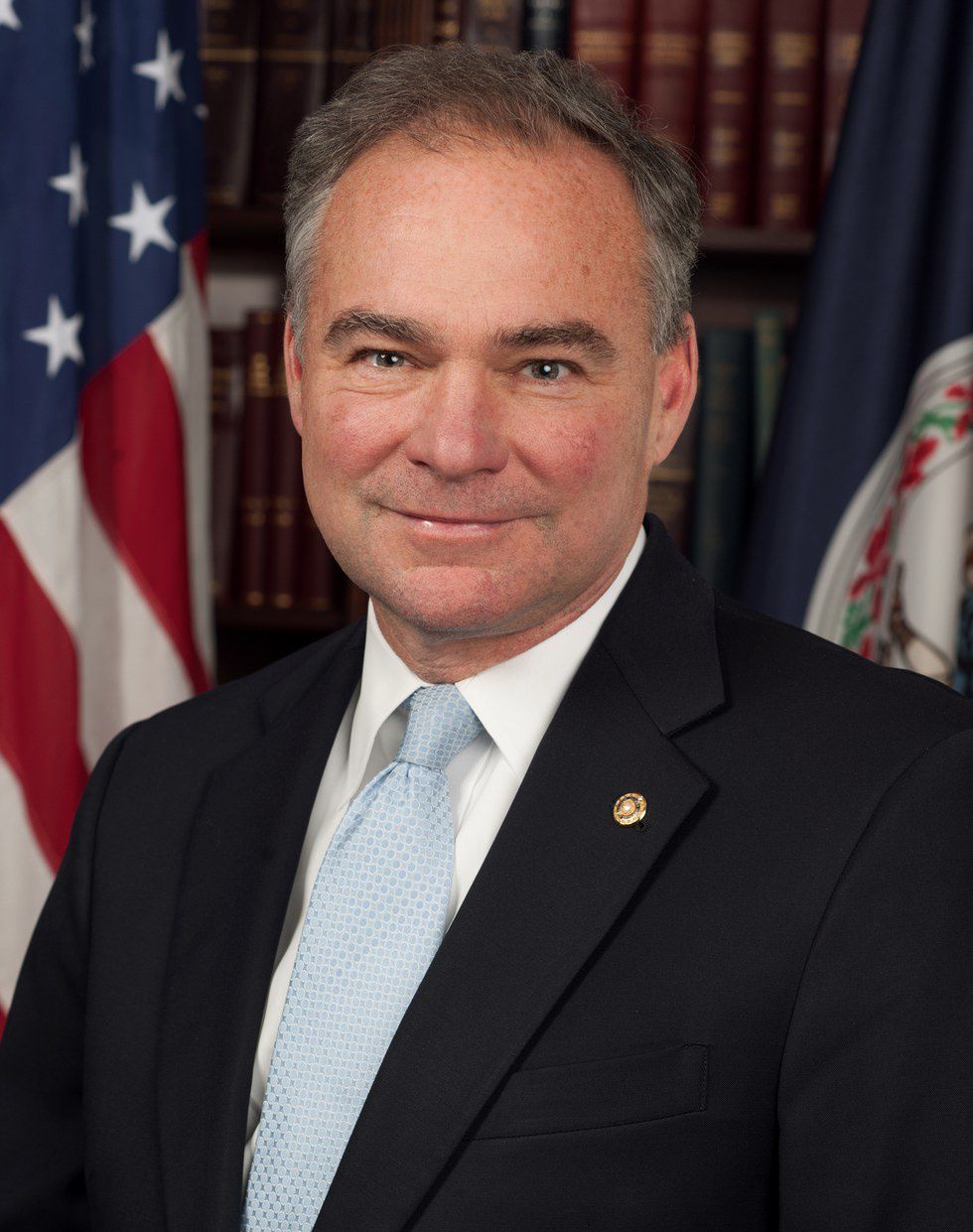In stark contrast to the two presidential nominees, the candidates for second in command are getting little media attention these days. That should change on Tuesday, when Mike Pence and Tim Kaine are scheduled to debate. Clearly Tuesday night won’t draw the numbers that last week’s presidential debate did, but it’s still important the people take the time to watch. If what Donald Trump Jr. says is to be believed, the office of VP, particularly on the Republican ticket, is more important now than ever before.
However, many people don’t know the background, policies, or much information at all about the two vice presidential nominees. This can be partly blamed on the firestorm of media attention focused on Trump and Clinton, but it’s also due to the fact that really, the vice presidential position hasn’t really been all that interesting. But, in line with everything else in this unusual election year, that has the power to change.
So who are they and what do they believe in?

Mike Pence is the Governor of Indiana and a former congressman in the House of Representatives. He has a wife, Karen, and three children, one of which is a second lieutenant in the Marine Corps. He has said that he identifies as “a christian, a conservative, and a republican, in that order.” Pence is interesting because he’s more conservative than Trump actually is, although it depends on who you ask if that’s positive or negative. In fact, FiveThirtyEight ranks him as the most conservative vice presidential nominee in recent history. Because of this, Pence actually differs from Trump on a few issues. Pence has previously supported TPP (Trans-Pacific-Partnership) trade deal, an issue that Trump built part of his campaign around heavily denouncing.
He is in line with Trump when it comes to immigration — all about building that wall — and unsuccessfully attempted to stop the resettlement of Syrian refugees into Indiana. Pence is also against Planned Parenthood in all its services.
What Pence is most famous for is his stance on LGBTQ rights. Mainly that he’s opposed to them. If you paid attention to the great state of Indiana at all in the past year and a half, you’ll recognize Pence from that little law called the Religious Freedom Restoration Act. The act allowed businesses to exercise their right to religion, in other words to discriminate against people that didn’t hold with their religious values, primarily targeting the LGBTQ community. After huge backlash and economic losses, the state amended the law, but didn’t get rid of it entirely.

It turns out that Tim Kaine and Mike Pence have weirdly similar home lives. Kaine is married to Anne Holton and has three children, one of which is also in the Marine Corps. Kaine is the former Governor of Virginia, a Senator, and a lifelong Catholic. We pretty much learned three things about Tim Kaine during the DNC and that was 1. He can speak Spanish. 2. He can play the harmonica. And 3. He does a really bad Trump impression. But what about policy?
Similarly to Pence and Trump, Kaine was an interesting VP choice for Clinton. In an election where she had pretty unsuccessfully tried to rally young voters, she choose a moderate democrat with centrist views, pretty much the opposite of what was expected. It may not have been such a departure, as Kaine is in line with the majority of Clinton’s policies including her stance on gender equality, taxes on the wealthy, and immigration. However, they do differ on some issues. For instance, Kaine believes that the president must get congressional re-authorization before continuing airstrikes in the fight against ISIS. As a Catholic, he is also personally against abortion, but supports a woman’s personal right to choose and the other services Planned Parenthood provides.
An interesting facet of Kaine is his stance on gun control. Kaine himself is a gun owner, but is for gun regulations, increased background checks, and closing loopholes in gun sales.The debate between two candidates who are pretty evenly matched on life experience but differ greatly in policy, should provide us with some more insight to the reality of a Clinton or a Trump presidency. Albeit without the dramatic flair of the last one.



















